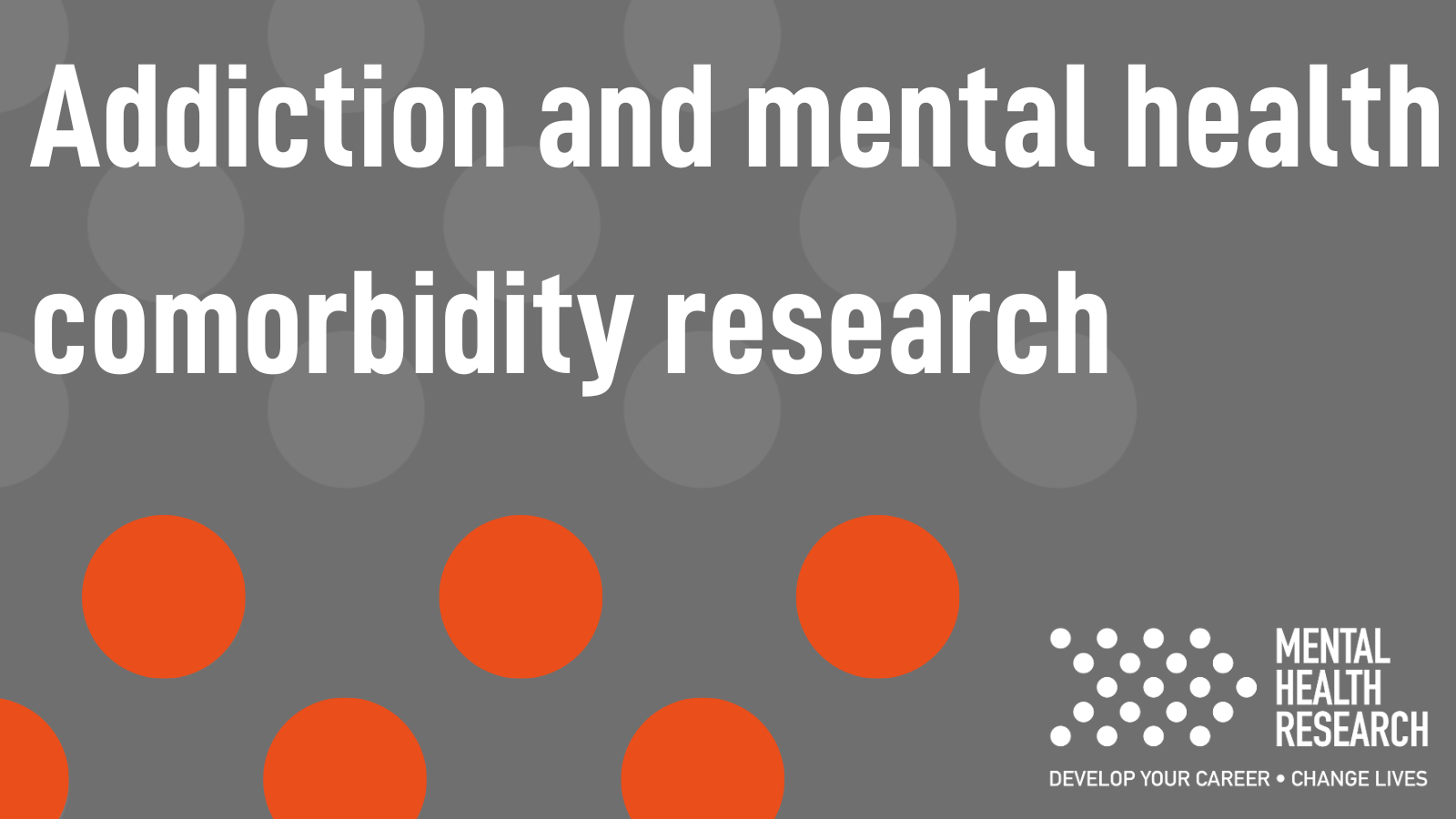
By Professor Anne Lingford-Hughes, Chair of the Addiction Mission
In May 2023, Professor Anne Lingford-Hughes took up the post of Chair of the Addiction Mission which is one of a number of Healthcare Missions (including one focused on Mental Health) being delivered by the UK Government’s Office for Life Sciences.
Addiction to drugs such as heroin, cocaine and alcohol result in immense harm to the individual and presents an immense burden to healthcare and wider society. Despite some recent advances, there remains a substantial unmet need to improve outcomes and reduce harms including reducing death rates. Launched in 2022, the ambition of the Addiction Mission is to meet this demand by “enhancing the UK-wide research environment and incentivising the development and testing of innovative and effective new treatments, technologies, and approaches to support recovery, and reduce the harm and deaths addictions cause.”
The Mission recognises that the majority of people receiving treatment for addiction are also experiencing mental health problems so that any treatments and approaches should meet these needs too.
Whilst the importance of such co-occurring problems has long been recognised, there have been fewer innovations specifically targeting such comorbidity.
Transferable research skills are welcome in the addiction field
As a psychiatrist who has been working in the addiction field for almost 30 years, combining clinical work alongside teaching, training and research, one of my motivations to apply for the role of Chair of the Addiction Mission was to improve recruitment and retention of those interested in research in the addiction field. I was honoured to be appointed and to have the opportunity to develop the Mission with representatives from academia, NHS, 3rd Sector organisations, industry, charities, lived experience groups and government partners from across the UK to address the immense unmet need of improving treatment outcomes. Whilst the addiction field is vibrant, many people unfortunately do not get to experience addiction services during their training or realise how transferable or welcome their research skills are to the addiction field. This is particularly pertinent if we are to understand more about comorbidity with other mental health disorders.
Further, individuals presenting to an addiction service may have a range of other needs such as housing, education and childcare and some are involved with criminal justice system. It is also important that research priorities account for such complex and intersecting needs.
My own journey to addiction research
It was my research interest in pharmacology, specifically the GABA-benzodiazepine receptor, that started my interest into addiction. It took a few more years for my clinical training to catch up. As described above, individuals receiving treatment from an addiction service have a range of needs. I enjoyed getting to know them and more about their life, using a holistic approach to see beyond their prescription to also consider psychological support and social interventions. The multidisciplinary nature of addiction teams was another enjoyable aspect. After a locum post for a few months on an inpatient addiction unit, I had no further posts in addiction. It was my experience of being in an addiction service whilst recruiting patients with alcoholism for an imaging study, that changed my goal from being an ‘old age’ to an addiction psychiatrist. I have never regretted that decision.
Aside from my research, supporting research training has always been a part of my career and I have been a member of national various career development panels. I lead the MRC Addiction Clinical Research programme which has supported 6 PhDs for clinical academics in addiction. During my career, there have been many inspirational people who have supported me and given me opportunities to enable my academic career to flourish.
Expanding the scope of the MHR Incubator to include addiction
I am delighted that NIHR and the Mental Health Research Incubator (MHR Incubator) are supporting the aims of the Mission by expanding its scope to highlight addiction and hope that more young researchers are encouraged to make use of all the resources on offer here. The GROW programme which is for the first time offering early career addiction, as well as mental health, researchers the opportunity to be part of a network, mentoring and skill building scheme to develop their careers in research, is the first opportunity arising through this new focus. Through this, our aim is to bring together a network and fantastic cohort of addiction researchers with those focused on other areas of mental health, who will benefit from all these resources. The Addiction Mission and the Mental Health Research Incubator will be making future opportunities available over the coming year to further support future researchers in the field. I hope that through these initiatives, others will have a similar experience and join our field to improve and transform outcomes.
Read more about the Addiction Mission in this MHR Incubator blog post.
Read more about career opportunities in addiction and mental health comorbidity research.
